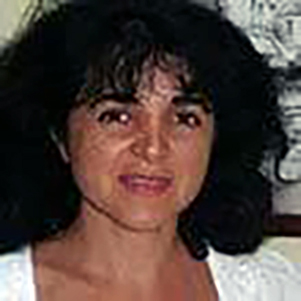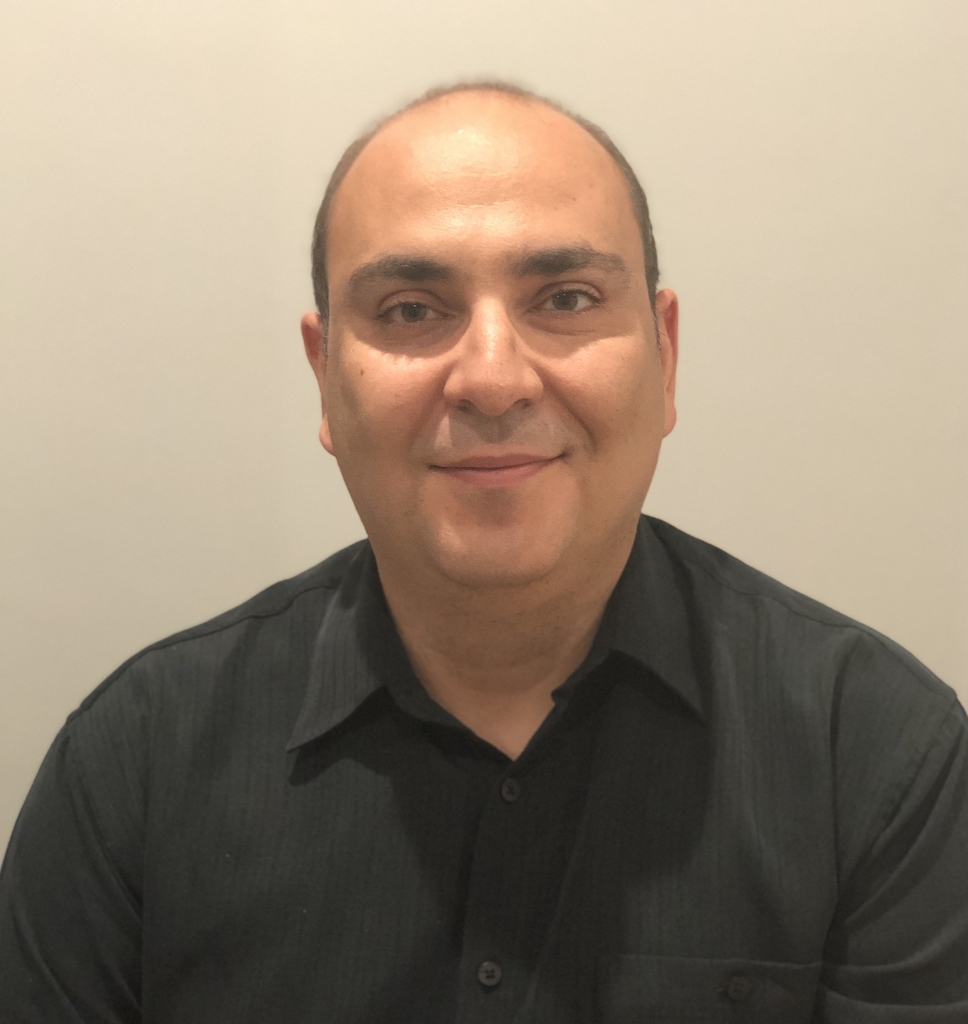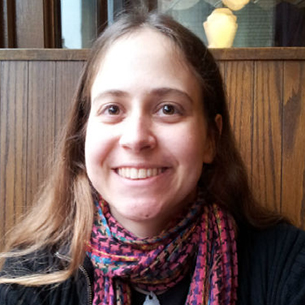Introduction to Mechanics: Rotational Dynamics
Learn about rotational dynamics in this calculus-based physics course.
Learn about rotational dynamics in this calculus-based physics course.
Learn about rotational dynamics in this calculus-based physics course.
This online physics course is the third in the xSeries that covers calculus-based mechanics. In this course, you will explore rotational motion and learn about the concepts of torque and angular momentum. You will learn about the conservation of angular momentum, and use it with other conservation laws to solve complex problems in rotational dynamics.
High school physics and calculus, for example:






